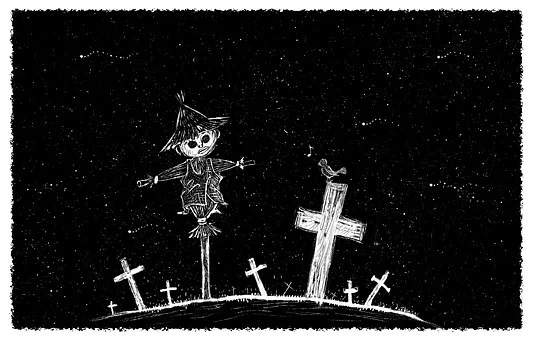「悲しみ」|「sorrow」「sadness」「grief」「distress」の違いと使い方
「悲しみ」は一時的に悲しいときも、長きにわたり尾を引くこともある。英語の言い方を覚えておきましょう。
「悲しみ」|「sorrow」は長期の深い悲しみ
sorrow は喪失感や失望などによる長期にわたる深い悲しみを表すときに使われる語。
わかってもらえない。
Nobody can understand my sorrow. (私の悲しさは誰もわかってはくれません)
震災の後で、
The expression on the face of the mother who had lost her son was filled with sorrow. (息子を亡くした母親の表情は悲しみに満ちていました)
家族を亡くした時。
His family was in deep sorrow over his death. (彼が死に、家族は悲嘆にくれました)
時間がかかる。
Sorrow will fade away with the passage of time. (悲しみは時間の経過とともに消えていきます)
※ fade away「消えていく」 passage「経過」
「悲しみ」|「sadness」はさまざまな悲しみ
sadness はさまざまな程度の悲しみを表すときに使われる一般的な語。
一周忌。
It was not until a year after her mother’s death that the sadness started to diminish. (母の死から1年たってやっと彼女の悲しみが薄らいできました)
葬儀。
The funeral was held in a mood of sadness and solemnity. (葬儀はしめやかに行われました)
悲しい時、
It feels like my heart is breaking from sadness. (私は悲しくて胸が張り裂けそうです)
「悲しみ」|「grief」は一時的な激しい苦痛
grief は不幸や災難などによる更にいたましい一時的な激しい苦痛を表すときに使われる語。
残された母親は、
The mother who had lost her daughter in a plane accident was in such grief that it was pitiful. (飛行機事故で娘を亡くした母親は痛々しいほど悲しみに沈んでいました)
仲が良かった夫婦。
My mother was overwhelmed with grief after my father died. (母は父に死なれ、悲しみに打ちのめされました)
親を大事に。
Don’t do anything to cause your parents grief. (親を悲しませるようなことはしてはいけない)
「悲しみ」|「distress」は精神的な悩み、肉体的な苦痛
distress は悲しみ、心配、恐怖などによる精神的な悩みや肉体的な苦痛を表すときに使われる語。
今の世の中。
Distressing incidents happen every day all over the world. (世界のあちらこちらで憂えるべき出来事が毎日起きています)
責任感のある人は、
The former president of the company looked distressed. (会社の元社長は苦渋に満ちた表情をしていました)
成功した人もかつては、
There were times when I was secretly in distress because things weren’t going well with my work. (仕事がうまくいかず、人知れず悩んだこともあったのです)
まとめ|「悲しみ」「sorrow」「sadness」「grief」「distress]
sorrow は長期の深い悲しみ
sadness はさまざまな悲しみ
grief は一時的な激しい苦痛
sadness は精神的な悩み、肉体的な苦痛











